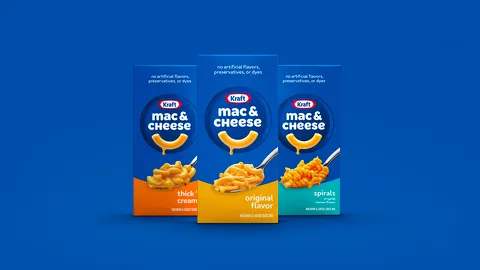Kraft Heinz, a well-known food company, has recently announced a significant investment in its U.S. manufacturing facilities. The company plans to spend $3 billion on upgrading and expanding its plants, marking the largest investment in its factories in decades. This move is aimed at enhancing production capacity and efficiency, as well as creating new job opportunities.
Pedro Navio, the president of Kraft Heinz’s North America operations, revealed to Reuters that the planned investments could potentially lead to the addition of 3,500 employees to the company’s workforce. Among the investments is the construction of a $400 million distribution center in DeKalb, Illinois, which is expected to generate 60 new jobs. This distribution center was initially announced in 2023 and is part of Kraft Heinz’s overall investment strategy.
The decision to invest in U.S. manufacturing facilities comes at a time when President Donald Trump is considering imposing tariffs on imports, which could have a significant impact on companies like Kraft Heinz. By bolstering its domestic production capabilities, Kraft Heinz aims to mitigate the potential effects of trade uncertainty. The majority of the company’s products are already manufactured domestically, although certain products like Maxwell House coffee face challenges due to tariffs on imported beans.
In addition to investing in its manufacturing facilities, Kraft Heinz is focusing on diversifying its product portfolio and expanding into new market segments. The company recently launched Lunchables with PB&J, a move aimed at competing with J.M. Smucker’s popular Uncrustables brand. Kraft Heinz is also prioritizing the growth of its Away From Home business, which includes providing condiment dispensers to foodservice locations nationwide.
CEO Carlos Abrams-Rivera has indicated that Kraft Heinz is exploring potential strategic transactions to drive profitable growth and value creation. Analysts have suggested that the company may need to consider divesting some of its products to mitigate the impact of declining sales and ensure long-term financial stability.
Overall, Kraft Heinz’s investment in its U.S. manufacturing facilities underscores its commitment to strengthening its operations, expanding its product offerings, and adapting to changing market conditions. By making strategic investments and pursuing growth opportunities, Kraft Heinz is positioning itself for success in the competitive food industry.


